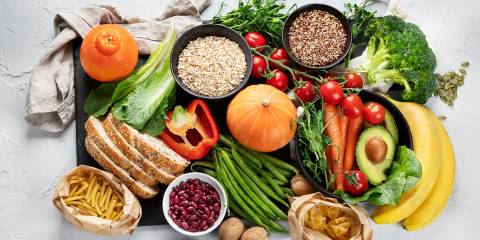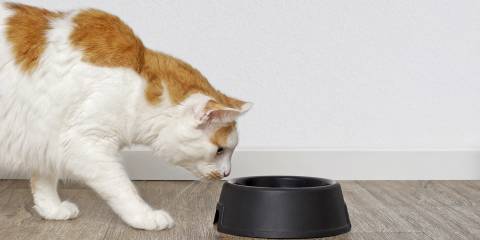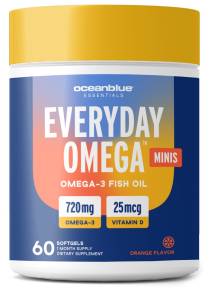Diva of Digestion

Brenda Watson believes people can achieve vibrant, lasting vitality through improved digestive function. A PBS-TV health educator, she is among the foremost authorities on optimum nutrition and digestion, natural detoxification methods, and herbal internal cleansing.
Don't Miss a Thing!
Get the latest articles, recipes, and more, when you sign up for the tasteforlife.com newsletter.




